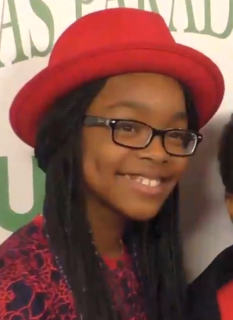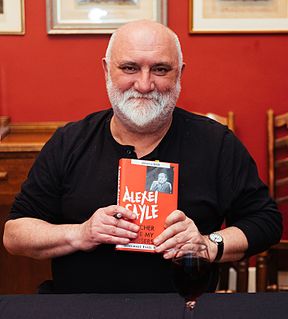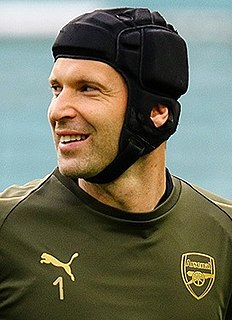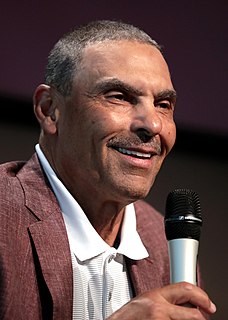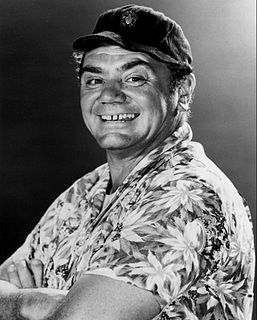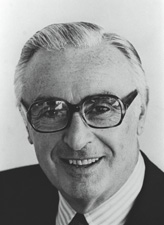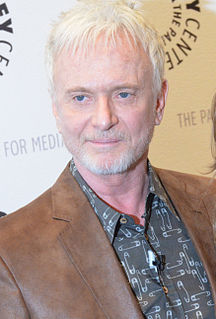A Quote by William Saroyan
We didn't say anything because there was such an awful lot to say, and no language to say it in.
Related Quotes
My name is growing all the time, and I’ve lived a very long, long time; so my name is like a story. Real names tell you the story of the things they belong to in my language, in the Old Entish as you might say. It is a lovely language, but it takes a very long time to say anything in it, because we do not say anything in it, unless it is worth taking a long time to say, and to listen to.
Government want to tell you things you can't say because they're against the law, or you can't say this because it's against a regulation, or here's something you can't say because its a... secret; "You can't tell him that because he's not cleared to know that." Government wants to control information and control language because that's the way you control thought, and basically that's the game they're in.
It is so short and jumbled and jangled, Sam, because there is nothing intelligent to say about a massacre. Everybody is supposed to be dead, to never say anything or want anything ever again. Everything is supposed to be very quiet after a massacre, and it always is, except for the birds. And what do the birds say? All there is to say about a massacre, things like "Poo-tee-weet?

